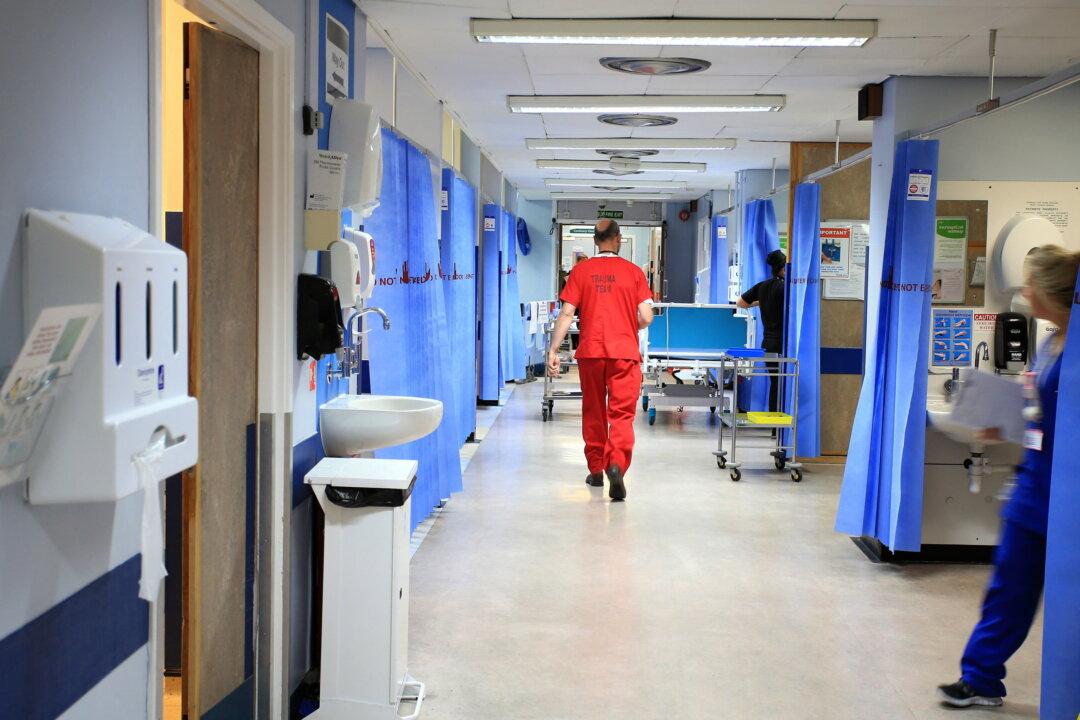Health Secretary Steve Barclay says a combination of COVID-19, flu, and Strep A cases has created a perfect storm which is to blame for the crisis facing the National Health Service (NHS) this winter.
“There’s £500 million of investment this year going into tackling the pressure in terms of social care. So we’re putting more funding in. We’ve got more clinicians, we’ve got more staff working in the NHS,” Barclay said.





